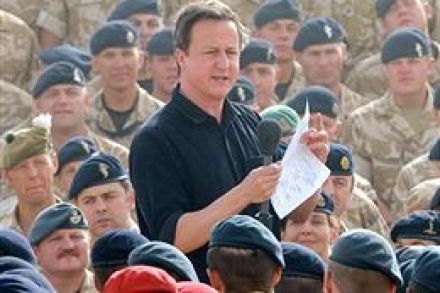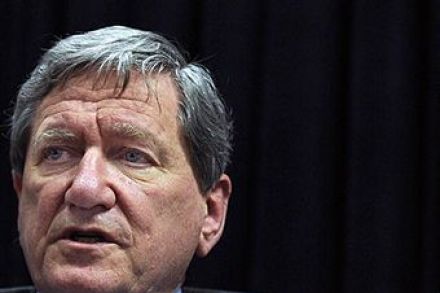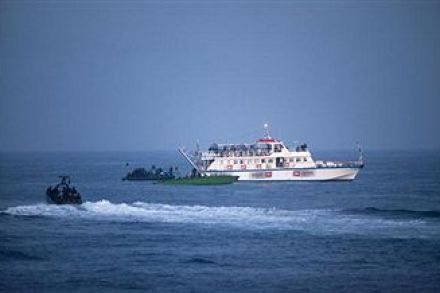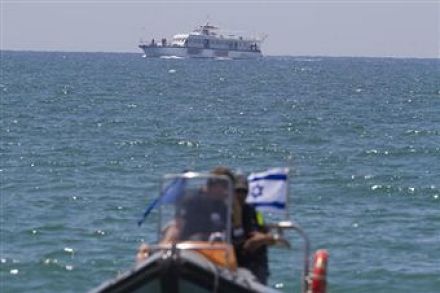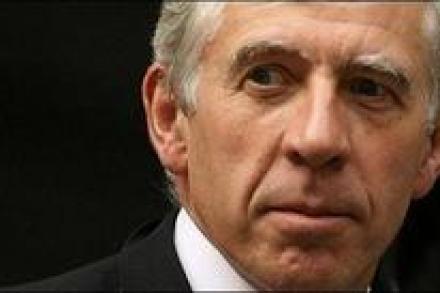Seeing it through
David Cameron’s address to the House contained no surprises. NATO and its allies are 6 months into a strategy to stabilise Afghanistan. All sides of the House were agreed that Britain should fulfil its commitments, but remain in Afghanistan not a day longer than necessary. That date is unknown. Like Blair and Brown before him, Cameron aspires to ‘improve Afghan security’. ‘Stability’ surely means the expulsion of al Qaeda from Afghanistan. How likely is that without the complete co-operation of the Taliban? (At what cost would that be secured?) And, as Julian Lewis MP pointed out, is al Qaeda more dangerous in Afghanistan than it is The Yemen, Somalia or
